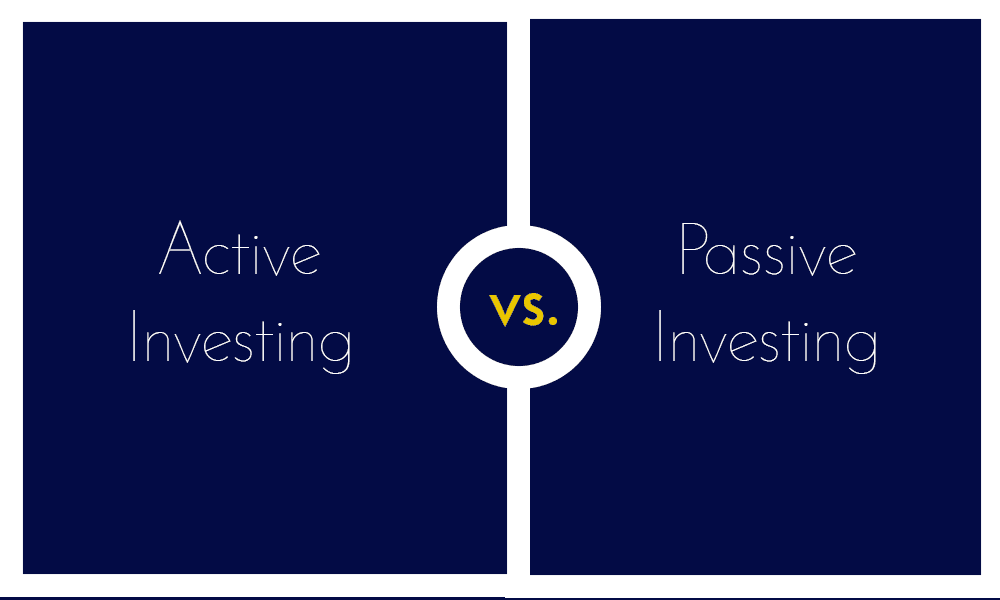Passive Investing vs Active Investing – Which Works Better in Turbulent Markets?

A discussion on passive vs active investing can quickly turn into a debate as advocates of both strategies often feel very strongly about their favoured technique. While new-age investors are widely preferring passive investing, there are numerable excellent things to be said about active investment as well.
If you’re a beginner in investing, these terms can sound like Latin to you. So, why don’t we start by understanding the difference between these two methods? We will then try to answer other common questions about investments, like what are index funds and what are arbitrage funds.
Active Investing
Active investing, as you can probably tell, requires a more hands-on approach to investing. The goal of active investing is to beat the stock market average and leverage short-term fluctuations in stock prices. It requires a more concrete analysis to pivot in and out of a particular stock or asset and make the best use of your capital.
A portfolio manager is usually an important cog of active investment plans. They oversee a team of investment analysts who evaluate a number of quantitative and qualitative factors to determine when the stock prices will change.
In short, active investment requires confidence and needs you to be bang on while making your investment choices.
Passive Investing
If you’re a passive investor, you’re in it for the long haul. There’s limited buying and selling involved in this method of investing, and this is what makes it cost-effective.
Passive investors ascribe to the buy-and-hold mentality and restrict the temptation to react to every move of the stock market.
The only downside to passive investment is that it is too restricting. Passive funds are limited to a predetermined set of investments with bare minimum variance. This is why investors are stuck with these holdings no matter the condition of the stock markets.
However, one way to counter this downside is by investing in Index Funds. But what are index funds? Let’s find out
What are Index Funds?
An index fund is a type of exchange-traded fund (ETF) with a portfolio to match and track the components of the market. These funds are said to provide extensive market exposure and low portfolio turnover at a lower operating cost. The best thing about these funds is that they follow the benchmark index regardless of the state of the market. There are multiple advantages of investing in index funds.
One of the biggest advantages that index funds provide over active funds is the lower operational costs. A fund’s expense ratio (also known as the management expense ratio) comprises all operating costs such as advisor payments, manager fees, transaction costs, taxes, and accounting expenses.
Since index fund managers are simply following the benchmark index, they do not need the services of research analysts and other professionals who help in the selection of funds. In addition, index funds are traded less often, leading to reduced transaction fees and commissions.
Factors to Consider While Investing in Index Funds
Now that you know what are index funds, you would want to understand the things that you need to keep in mind while investing in these funds. Let’s try to understand a few of these factors –
Risks and Returns
Since index funds are managed passively, they involve a lower risk in a volatile market. These funds offer excellent returns during a market rally. However, it’s sometimes advisable to switch to actively managed funds at the time of a market slump.
Investment Goals
While this is true for all investment strategies, your investment goals are one of the biggest considerations that you should keep in mind while investing in index firms. You must ensure that the trajectory of the funds aligns with your financial goals.
To Sum Up
Investors often find themselves in the midst of an argument whenever they talk about passive vs active investments. While both these methods have their own pros and cons investors need to opt for strategies that align with the long-term and short-term goals. Index funds often offer a lucrative middle ground to investors and let them venture into passive investment without imposing too many restrictions or limiting their options.



Responses